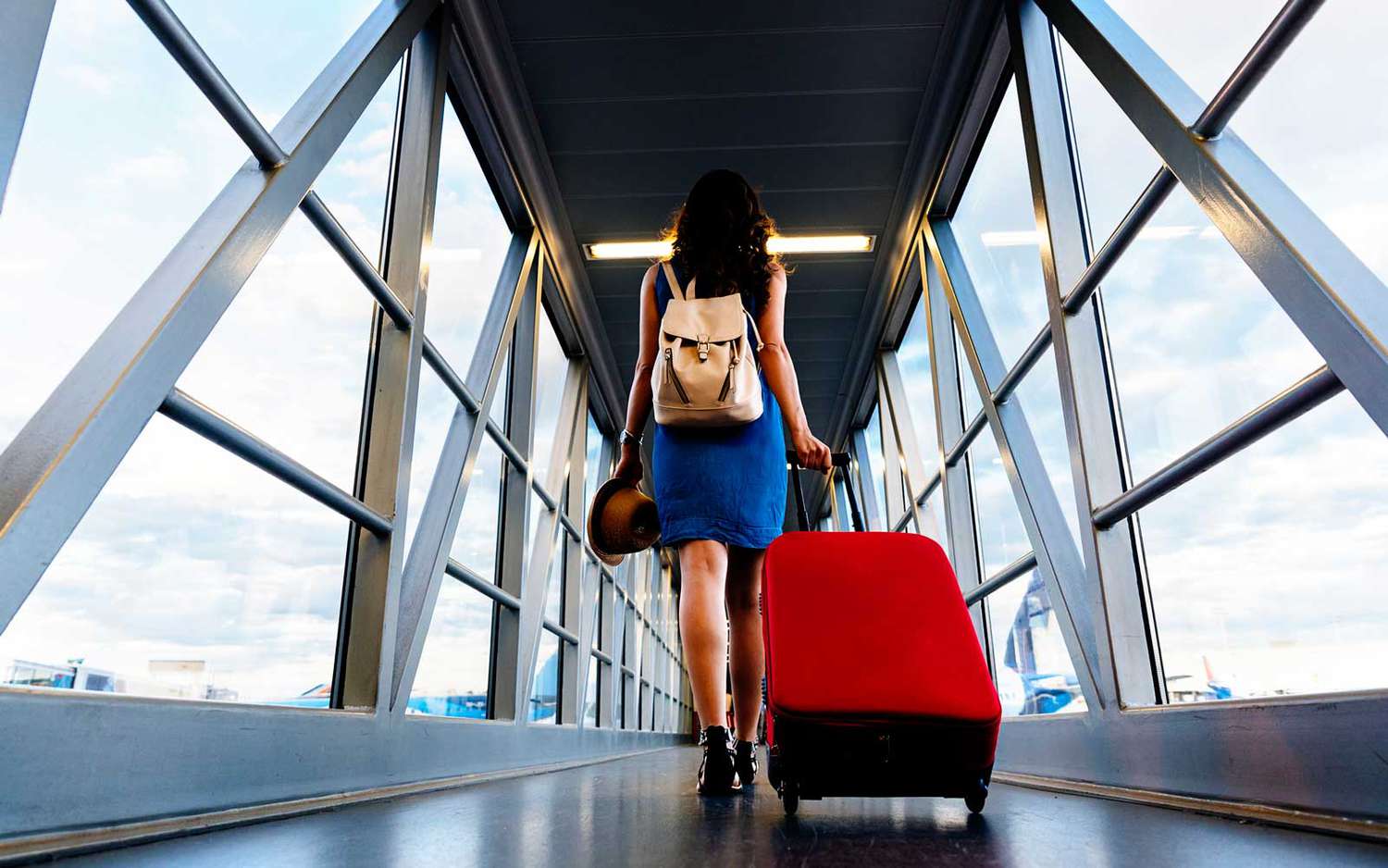ExpressVPN’s study also suggests continuing to explore new destinations despite the cost of traveling. You can always check new romantic destinations with dating shows such as Too Hot to Handle. Remember that travelers are increasingly becoming vulnerable to cyberattacks, making adopting proactive measures to protect your personal and sensitive information crucial.
In this article, we’ll explore how to stay cyber-safe while traveling, providing you with valuable tips to safeguard your digital life during your adventures.
Secure Your Devices & Networks: Keep Your Software Updated
Your devices are your lifeline to the digital world when you’re on the road. Ensuring their security is paramount to keeping your data safe while traveling.
Before embarking on your journey, ensure all your devices, including smartphones, laptops, and tablets, are running the latest operating systems and software updates.
Manufacturers frequently release patches to fix vulnerabilities that hackers may exploit. Keeping your software up-to-date significantly reduces the risk of falling victim to known security flaws.
Use Strong, Unique Passwords & a Virtual Private Network (VPN)
One of the most common mistakes travelers make is using weak or reused passwords. Strengthen your defense by using strong, unique passwords for each account.
Adopting a trusted password manager for creating and securely storing intricate passwords is advisable. Furthermore, activate two-factor authentication (2FA) wherever feasible to introduce an additional stratum of security.
A VPN is essential for travelers concerned about their online privacy and security. It encrypts your internet connection, making it difficult for cybercriminals to intercept your data using public Wi-Fi networks.
Before you travel, subscribe to a reliable VPN service and ensure it’s active whenever you connect to the internet on your devices.

Be Cautious When Using Public Wi-Fi & Avoid Unsecured Networks
Public Wi-Fi networks are convenient but can also be a breeding ground for cyber threats. Here’s how to stay safe when connecting to these networks.
Free, open Wi-Fi networks are often unsecured and highly vulnerable to cyberattacks. Avoid connecting to such networks when possible, especially if they don’t require a password.
If you must use them, exercise extreme caution and limit your activities to non-sensitive tasks like checking the weather or reading news articles.
A VPN is your best friend when it comes to public Wi-Fi. When you connect to a public network, always activate your VPN to encrypt your data traffic. This additional layer of security will make it significantly harder for hackers to intercept your information.
Disable Automatic Connect & File Sharing. Verify Network Authenticity
By default, your devices may be set to connect to known Wi-Fi networks automatically. Disable this feature to prevent your device from connecting to potentially malicious networks without your knowledge. Turn off file sharing to keep your data private while on public networks.
Before connecting to a public Wi-Fi network, ask a staff member or look for signage that confirms the network’s legitimacy.
Cybercriminals may set up fake networks with names similar to legitimate ones to lure unsuspecting users.
If we don’t stay cyber-safe while traveling, what could potentially happen?
Failing to stay cyber-safe while traveling can lead to dire consequences. Cybercriminals often target travelers, taking advantage of their reliance on public Wi-Fi networks and unfamiliar surroundings.
Without proper precautions, sensitive information such as passwords, credit card details, and personal data can be compromised, leading to identity theft, financial losses, and privacy breaches.
Additionally, travelers may fall victim to phishing attacks, malware infections, or ransomware, potentially causing significant disruption to their trips.
Moreover, the aftermath of cyberattacks can extend beyond the journey, affecting one’s digital security long after returning home. Thus, neglecting cybersecurity while traveling can result in lasting, adverse consequences.
Traveling is an exciting adventure, but it’s essential to prioritize your online security while on the road. Cyber threats are a growing concern for travelers worldwide. Following the tips outlined in this article can significantly reduce the risk of falling victim to cyberattacks during your travels.
Remember to keep your devices and software updated, use strong and unique passwords, and employ reliable tools to encrypt your internet connection. When using public Wi-Fi, exercise caution, turn off automatic connection and file sharing, and always verify the authenticity of the network.
Taking these precautions lets you enjoy your travels with peace of mind, knowing that your digital life remains safe and secure.

Stay vigilant, stay cyber-safe, and make the most of your journeys without worrying about cyber threats lurking around the corner. Safe travels!













